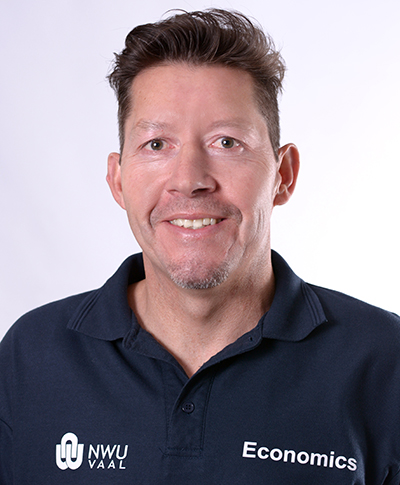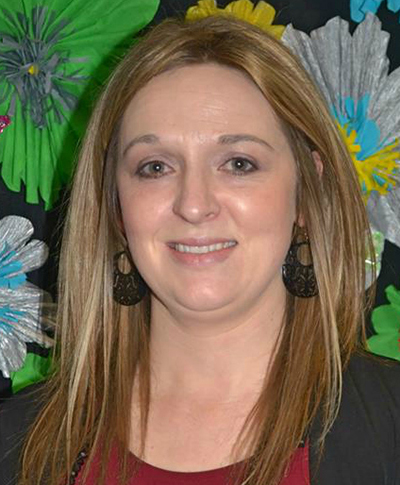The Auditor-general recently stated that Emfuleni was the fourth largest contributor to unauthorised expenditure over the past three years.
In the build-up to SOMA 2018, two experts from the North-West University’s (NWU’s) campus in Vanderbijlpark – Prof Danie Meyer (Faculty of Economic and Management Sciences) and Annelie Steenkamp (bhive EDC) – share their view on possible turn-around strategies for the municipality.
Prof Danie Meyer
According to Prof Meyer, a senior lecturer and researcher in economics, the municipality should adopt the World Economic Forum’s FAST principles if it is to successfully reinvent itself. The FAST principles refer to: Flat structures with less layers of hierarchy, Agile in terms of the economic climate in which it functions, Streamlined processes and procedures and, Technologically enabled structures.
“The municipality should be run like a business. If they do not pay for services it simply means that services would not be rendered to them,” says Prof Meyer and adds that in turn the municipality will not be able to charge individuals for services – as is currently the case. In short: the municipality will not be viable.
Another important factor which should be considered is to appoint only the best and most experienced employees and councillors from the region. “It does not make business sense to appoint a councillor residing in Sandton to address the challenges of a community in the Vanderbijlpark. The sooner the municipality starts to support local businesses and appoint local councillors there will be a definite shift in focus,” explains Prof Meyer. The latter also applies to closer collaboration between local government and the community, the business sector and institutions of higher learning.
It is Prof Meyer’s view that the Emfuleni Local Municipality should adopt the same radical developmental outcomes as the Asian Tigers (the economies of Hong Kong, Singapore, South Korea and Taiwan), namely:
- Economic growth and competitiveness should be a top priority.
- Education systems and labour markets should be geared towards growth.
- Bureaucracy should be driven by excellence and be insulated from political interference.
- An embedded autonomy will allow the municipality to lead development without being captured by vested or sectional interests, in spite of the close relationship between the state, labour and capital.
Annelie Steenkamp
As a management member of the NWU’s bhive Enterprise Development Centre (EDC) – a dynamic hub within the Faculty of Economic and Management Sciences – Annelie is of the view that the municipality should turn its focus back to sound business principles and lean management tools.
According to Annelie the first aspect that needs review is the expenses and more specifically the salaries paid to staff. In this regard a review of the organogram is necessary and the question needs to be asked: Can Emfuleni afford the current exorbitant salary scales and top heavy hierarchy?
Another very important factor is to ensure that the procurement and payment system have various control points to ensure that payments are lawful and just. Competent and trustworthy people needs to be placed in these positions and there must be immediate consequences for neglect. On the income side measures need to be implemented to ensure that everybody that needs to pay for essential services. Again there must be consequences for none payers.
“Once we go back to the basics the income will start coming in and the tap where the money runs out will stop leaking,” says Annelie and adds that the value of collaborative ventures and partnerships between industry, government and the community should not be looked over.

Prof Danie Meyer.

Annelie Steenkamp.
